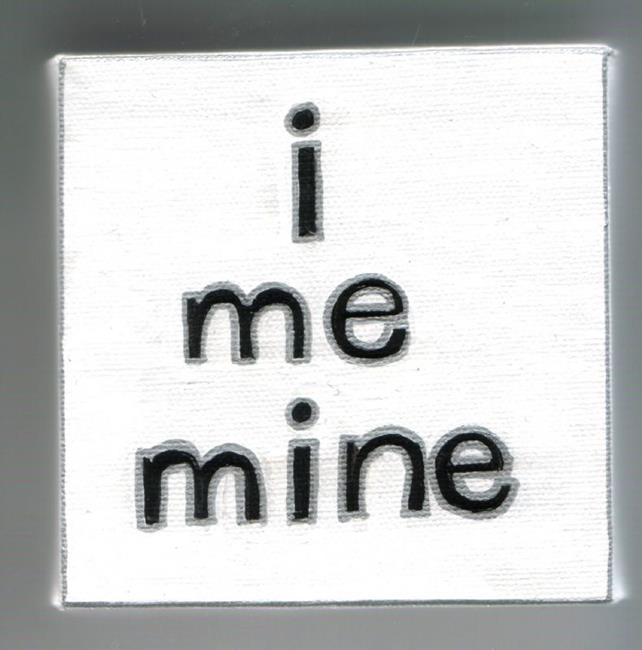For years, people said “you and me” in the subject of sentences. “Why don’t you and me go to the movies?” “You, Bob and me all made the team.” It wasn’t grammatically correct, but it was what everyone (except for high school English teachers) said. Remember that late 1970s hit song by Dave Mason, “There’s only you and me and we just disagree”? [youtube]http://www.youtube.com/watch?v=p8_FOQ7-P30[/youtube]
Then, over a decade ago, the country underwent a change. “You and I” came into vogue, but in the predicate of the sentence, as the object. “The police officer wants to speak with you and I.” It’s not grammatically correct, but it’s what people said. In the 1990s, Tom Cochrane sang “There was a distance between you and I” in his hit “Life is a Highway.” I still cringe.
(At the same time, notorious Watergate conspirator and former FBI agent G. Gordon Liddy opened each segment of his radio show with the phrase, “It is I, the G-Man!” His grammar was more in line than his behavior.)
So how does one know which to say, “me” or “I”? Or “he” or “him”? There are a few ways you can look at it.
If you’ve studied a language such as Latin, you know that words get different endings if they’re in the nominative case (the subject of the sentence) or the accusative or dative cases (the object or indirect object). It’s sort of the same with English. If a pronoun is the subject, it’s always “I,” “he,” “she,” “we” or “they.” If a pronoun is the subject or indirect object, it’s always “me,” “him,” “her,” “us” or “them” For example, “I (the subject) left him (the object) with her (the indirect object).
 Another way to determine which pronoun to use is to drop one of the pronouns and see if the sentence sounds correct. “The police officer wants to speak with I” clearly isn’t right; neither is “Why don’t me go to the movies?” In these cases, you’d need to switch to “me” and “I,” respectively.
Another way to determine which pronoun to use is to drop one of the pronouns and see if the sentence sounds correct. “The police officer wants to speak with I” clearly isn’t right; neither is “Why don’t me go to the movies?” In these cases, you’d need to switch to “me” and “I,” respectively.
A third technique is to consider the verb “to be” as an equal sign. In other words, whatever is on either side of the verb has to be the same. So you couldn’t say “The winners are Bob and me” because “winners” is the subject, and you’d need a subject pronoun after the verb “are” (a form of “to be”). The correct grammar has to be “The winners are Bob and I.” A good test is to reverse the sentence, or flip-flop the nouns on either side of the verb. “Bob and I are the winners” sounds correct.
It takes some practice and may seem awkward at first, but getting this right is just one more way to improve your writing.
